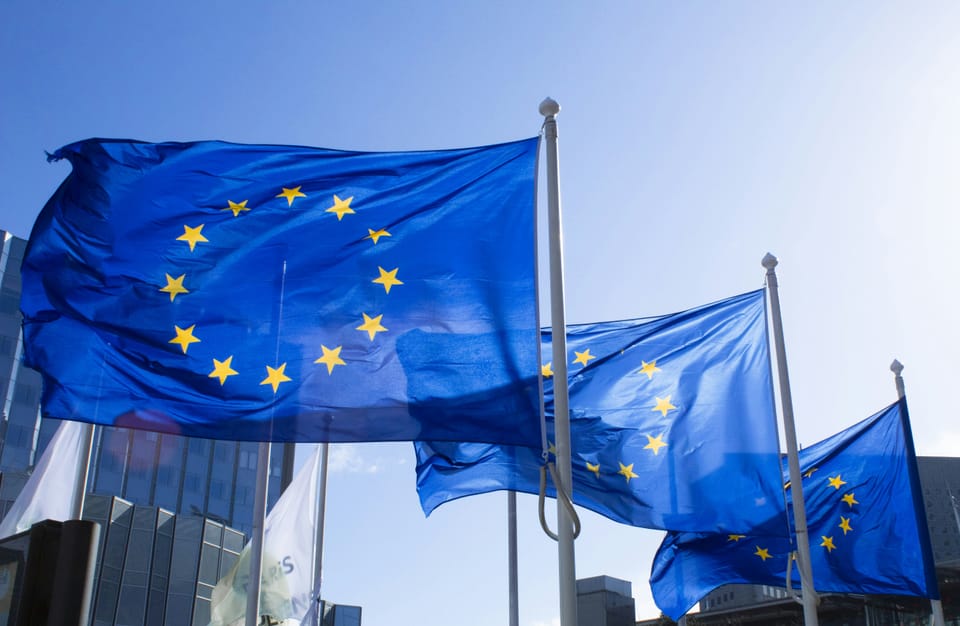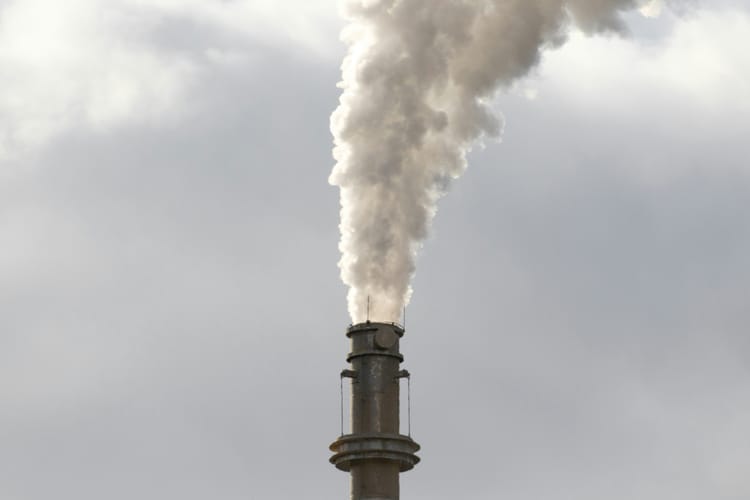EU reaches deal on contested CSDDD: Thousands of firms set to become liable for their supply chains

Though reduced in scope, the Corporate Sustainability Due Diligence Directive (CSDDD) draft approved today by EU Member States is set to dramatically transform the way companies approach supply chain management, making them bear legal responsibility for environmental human rights breaches.
Observers have been kept on the edge of their seats for months, as the draft agreed upon by the EU Council and Parliament last December lost critical support ahead of its final approval – and was eventually rejected by Member States at the end of February.
The future of this landmark piece of legislation looked uncertain as the time to renegotiate its scope and application before June’s EU Parliament elections was quickly running out.
But today, the council’s Committee of Permanent Representatives known as COREPER finally agreed on an amended directive, paving the way for Parliament to submit the new draft to a vote before the election.
“Make no mistake, this is a BIG, BIG moment for corporate accountability,” reacted Richard Gardiner, Head of EU Policy at the World Benchmarking Alliance upon announcing the deal.
What’s in the final CSDDD
In order to reduce the number of companies that would fall under its scope (and assuage the concerns of detractors denouncing excessive red tape for SMEs), the final text states that only firms with 1,000 employees or more, and at least €450 million of annual turnover, will have to comply.
In addition, the original “high-risk sectors approach” – which lowered the employee and turnover thresholds for compliance in textile, clothing and footwear, agriculture, fisheries and food manufacturing, mining and construction materials – has been removed, with a possibility to readdress it at a later stage “if necessary”.
Whereas the original directive would have affected up to 16,000 companies, it is now estimated that about 5,300 of Europe’s largest corporations fall under its remit.
Supply chain obligations under CSDDD
For the more than 5,000 firms that could soon have to comply with CSDDD, due diligence to eliminate environmental and human rights risks from supply chains is to become a legal obligation, with fines of up to 5% of turnover in case of non-compliance.
Application will be staged, with three years given to companies with more than 5,000 employees and €1.5 billion in turnover; four years for companies with more than 3,000 employees and €900 million in turnover; and five years for those with more than 1,000 employees and €450 million in turnover.







Member discussion